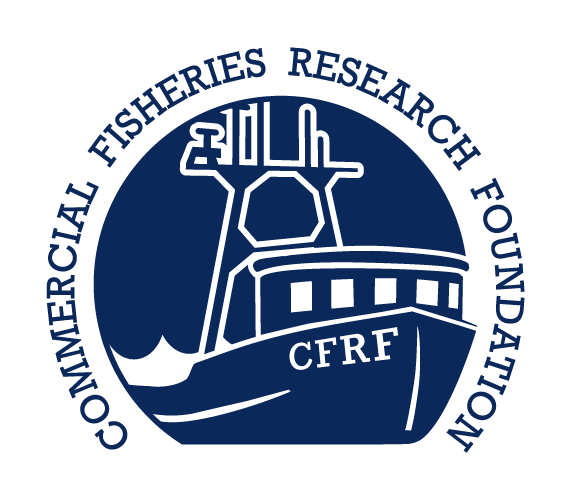Assessing the Atlantic Sea Scallop Social-Ecological System in the Northeast Waters of the US
GENERAL DESCRIPTION:
The Northeast United States is home to the most valuable commercial and recreational fisheries in the country, with the Atlantic sea scallop fishery alone generating over $500 million per year and being the largest wild scallop fishery in the world. Unfortunately, this ecosystem is experiencing significant changes that may pose a threat to the fishery.
This project aims to evaluate the impact of these changes on the scallop fishery and the communities that depend on it, and develop recommendations on how to build resiliency in the face of these challenges. The study will use a social-ecological system framework, incorporating data from stakeholder workshops, biological and oceanographic models, and industry-collected data sets. Results are presented in workshops designed with a focus group approach involving members of the scallop fishery and coastal communities, with their ideas incorporated into the final recommendations.
upcoming workshops:
Stay tuned for another year of fishing industry workshops in 2025! We will be hosting workshops in New Bedford, New Jersey, and Virginia in late March and early April!
Not on our email list? Sign up now to be notified of upcoming events!
PROJECT GOALS:
Identify the risk of ocean acidification to communities dependent on sea scallops.
Increase knowledge on the resilience of these sea scallop-dependent communities to ocean acidification and incorporate that knowledge into risk assessments.
Improve knowledge of population-level risk assessment methods for species with complicated life histories.
Develop projections of sea scallop risk in 2100 including measurements relevant to regional management of the fishery.
PROJECT TEAM:
National Marine Fisheries Service (NMFS)
Lisa L. Colburn
Shannon Meseck
Deborah Hart
Mike Alexander
Rutgers University
Enrique Curchitser
Commercial Fisheries Research Foundation
Susan Inglis - CFRF Project Lead
N. David Bethoney
Victoria Thomas
University of Connecticut
Samantha Siedlecki
Catherine Matassa
Halle Berger
Project Outreach:
Workshops
The CFRF Project team has organized and facilitated workshops between scientific partners and the fishing community each year of this project. These workshops discuss project goals and results and address concerns of the commercial fishing industry.
Brochures and Flyers
CFRF has produced brochures explaining vulnerabilities and the implications of the project results. Click below to view them!

